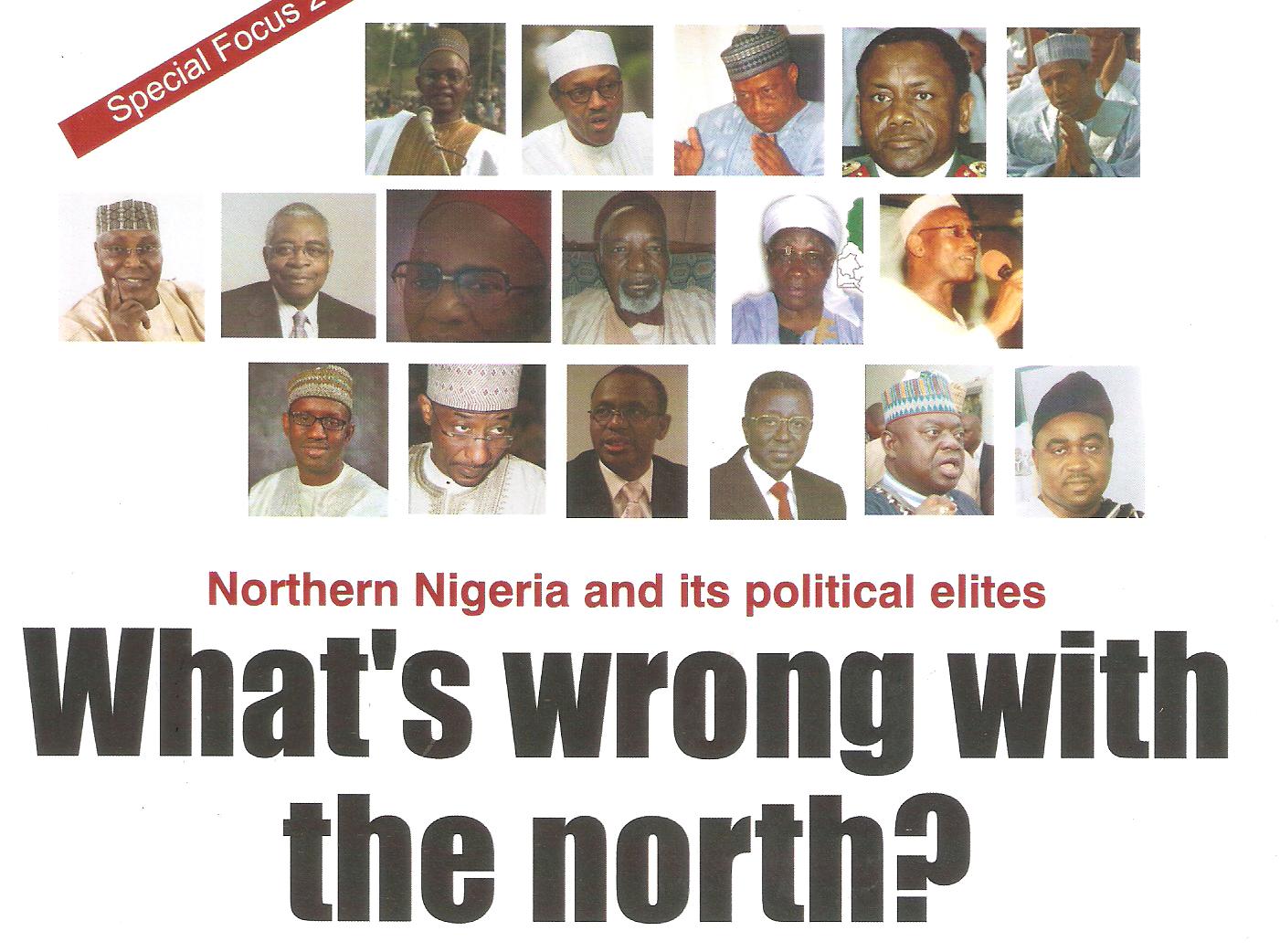How does Northern Nigeria extricate itself from the cycle of violence it has sunk? This is the same as asking about what approach to conflict management has the greatest potential of success. The assumption behind this question is that Northern Nigeria has crossed the threshold of inter-group violence. This has been worse between 2011 to date and some people ought to be worrying about how to halt the cycle of violence now. But how might that be achieved?

Prof Albert
At the recent conference on Peace and Development by Veritas University, Abuja, Professor Isaac Olawale Albert, one of the lead speakers, argued the imperative for centralising the multi-track diplomacy model in conflict management in Nigeria. Grounding his position on the amorphous or largely asymmetrical nature of post modern conflict, Prof Albert cautioned against not making security the business of everybody. In other words, it cannot be left to government and security agencies alone. Obviously keying in to the intellectual movement for broadening and deepening of security that greeted the post Cold War, Albert’s could be understood as a clarion call for the emergence of a conflict management community in which research, those he called individuals with convening powers, faith based players, activists and the media, among others, fuse and function along with the government in securing the society.
Although Prof Albert developed this argument in defence of a different contention, it fits very well as an approach to the problem under discussion here. This is because even as vastly different from each other as the many players listed, they are, in the words of the authors of the model, “sufficiently related to, interactive with one another” as for the outcome of their collective efforts to transcend “simple listing or summation of one plus one”. Others might have made this point before now, Albert’s re-articulation of it warrants another exploration of its potentials in relation to violence soaking Northern Nigeria.
This is more so in the context of the last approach in view – the imperative of going for something deeper than the current infatuation with claims and counter-claims of ‘who is wrong’ in favour of the embrace of those who were misled to commit atrocious acts against others, confess, apologise and seek forgiveness from each other. It has happened across the world, across Latin America, in Rwanda and in Europe. It can and should happen here. It is cheaper and longer lasting. It must have its own difficulties but there is nothing not doable towards ending the animalism going on across Northern Nigeria now, a war in which there is never going to be a winner and a loser in the literary senses of the words. Who makes it happen? That is the point where we go back to what Prof Albert is recommending.

Northern Nigeria’s models of individuals with convening powers. Are we to expect any magic wand from the duo of the Sultan of Sokoto and the Catholic Archbishop of Abuja?
The attraction in these two suggestions is in how they constitute a critique of extant options. One of such should be the approach of tracking perpetrators, no matter who they are. In the first segment of this report, the point was made how the government itself becomes jittery once the conflict is framed as ethnic or religious because government is not perceived to be above board. Yet, it is the responsibility of the government of the day to apprehend merchants of violence. The dust is yet to settle on the new dimension to this when Kaduna State governor talked about paying perpetrators outside Nigeria instead of a diplomatic row about bringing them to justice. Such disclosure complicates the prospect of tracking perpetrators even as there is no chance of much progress unless and until people who hide under whatever reasons to perpetrate violence are apprehended and made to face the law.
Of course, the security establishment (the armed forces, the police, the intelligence agencies and the para-military organisations) could arrive at an independent decision to make tracking work depending on the threat analysis they are working with. After all, these are the institutions by which the state manifests its monopoly of legitimate use of violence. The problem in Nigeria as mentioned in the first section of this report is that the state itself is strongly suspected to be a conflict party. Once that perception is there, the state’s conflict management capacity is gone. So, the first challenge is how the security establishment can extricate itself from being perceived as conflict party in each conflict.
The same thing applies to the option of punishment. In the context of Nigeria’s recent history, punishment has been near impossible. Without a good history of tracking suspected perpetrators and without a good history of using reports of special panels or commissions, punishment is impaired. There is almost none of the instances of violent conflicts that has not been documented through such instruments. In the case of violent conflicts around Jos Plateau, for instance, there were even two reports, none implemented. And so it goes for most of the others. So, as long as the power or leadership dimension of conflict is a problem, punishment will remain unworkable.




























